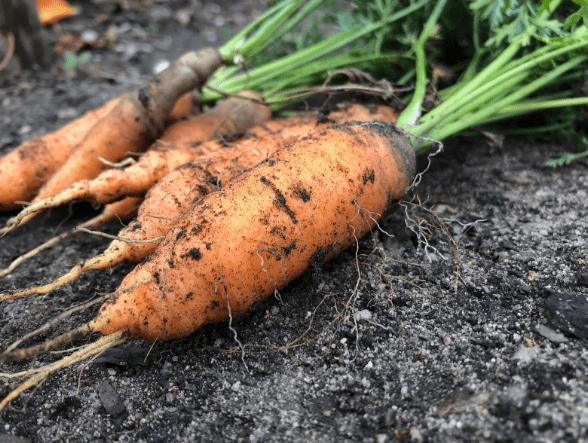Changing our lifestyles can have a tangible effect on global warming. Urban gardens can make an enormous difference for the environment because they can help reduce the usage of chemicals from the food industry required for the conservation of fruit and vegetables. They also provide those using them with fresh, nutritious produce that will actively make them healthier.

And if this weren’t reason enough to start your very own organic food garden, it also comes with the added benefit of getting psychological support from it. Caring for plants that you grow from scratch will give you a sense of fulfillment and they will help you build a connection with the food you eat. If you are about to start growing your organic food, then here are a few tips that will help you get the most out of it:
Do your research and make a plan
Before you start planting anything in your urban garden, you have to do your research about the plants that you want to grow. You have to know the specific conditions they need to thrive to make sure that you have access to everything they need. You have to know when to plant them and when to harvest them, but also how to take care of them properly. You can make a special calendar, where you can include the ideal time for each thing you have to do for each plant.
Sunlight and water are crucial
Sunlight and water are two basic elements required by all plants, but how much water and sun they get is also very important. While some plants only thrive in shady areas, others need to soak up the sun all day long. It is the same for watering plants. Some only need to be watered once every few days, while others need watering on a daily basis. If you want to get the most out of your organic food garden, then you have to make a clear watering schedule. As for the exposure to sunlight, this should be one of your main criteria when organizing your food garden.
Choose your plants
Choose the plants that will go into your herb garden according to the food you want to eat, as well as considering the space available and the time you have for this endeavor. For a start, you’ll need to prepare the mulch, some non-hybrid seedlings, and pots. If you enjoy the process of growing your own herbs, then you can extend your garden and include a salad bed, some cucumbers, and all the lovely veggies you want on your plate.
Another excellent option for first-time gardeners is planting tomatoes. They are very simple to grow, as well as take care of, and they bear fruit quite quickly after you plant them. The starter pack for tomatoes includes organic soil, tomato seeds, a pot, and a stick for the plant to grow up on. Then you can go on with plants that complement your choice. After you get started with your tomatoes, for instance, you can move on to plant some basil, some parsley, and some chives. You’ll have a full salad in no time.
Use organic fertilizers
If you want to have an organic garden, then you have to use organic fertilizers on it. You can use manure, algae, earthworm hummus, and crop residues to make your soil more fertile. If you are aiming for a larger garden, then you can plant horsetail, garlic, or nettle water, which will help prevent diseases and pests.
Use organic pesticides
Another thing that you will need for your organic food garden is organic pesticides. To keep your crop healthy without using any harmful chemicals you can use plant-based repellents that will keep the pests away. You can make these yourself by mixing natural ingredients such as vinegar, lemon, mint, cinnamon, and cayenne pepper. You can use a general repellent and then if you do get pests, find the specific repellent that works best on them.
As you can see, growing your own herb garden requires planning and a lot of research about the plants that you are about to grow. With a well-made plan and a lot of dedication, you will have your plate full in no time. Bon appetit!
I’m a 20-something stay-at-home mother and wife. I have an amazing husband, a beautiful daughter, two loving dogs, and a lazy cat. I wouldn’t change my life for anything! I love to read, listen to music, cook and blog!

Speak Your Mind